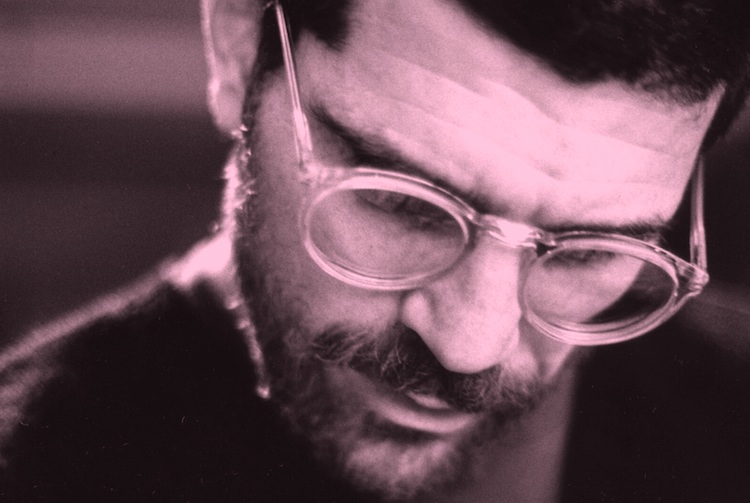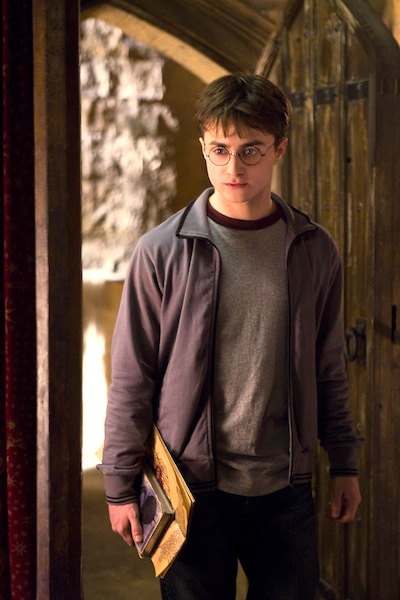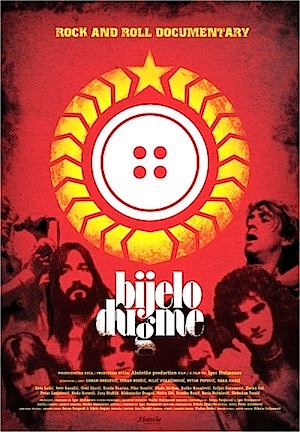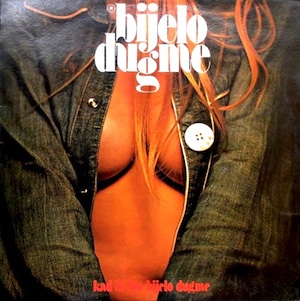
By David Ross. The Obamas have invited some apparently outrageous rapper to the White House to participate in a ‘poetry reading,’ with predictable repercussions. The left-wing radio host Randi Rhodes fumes:
Look, the conservatives, if Shakespeare were alive, and he went to the White House to get, you know, some sort of a reading, they would be outraged about him – talking about killing his brother, and the father had to go, and a mother he slept with – They’d be out of their fricking minds with this. They don’t understand culture! Or literature!
Conservatives – at least the many who ridiculed this comment online – do know the difference between Shakespeare and Sophocles, and know that Oedipus killed his father and not his brother. Or is Rhodes hazily thinking of Hamlet? Who can tell?

The NPR-ish notion that conservatives are sub-literate is so annoyingly counter-factual, as the central vein of Anglo-American literature for the last two hundred and more years has been essentially conservative: Swift, Burke, Coleridge, Jane Austen, Carlyle, Trollope, Thoreau, Ruskin (a self-described “violent Tory of the old school”), Yeats, Lewis, D.H. Lawrence, Pound, Eliot, Tolkien, C.S. Lewis, Nabokov, Waugh, Flannery O’Connor and the Southern agrarian writers in toto, Saul Bellow. Only Dickens and possibly George Eliot, among the greatest writers, can be neatly grafted onto a liberal moral or political scheme. Even self-professed radicals, like William Morris, Virginia Woolf, and George Orwell, are only superficially or problematically so, while the elusive James Joyce is imaginable as a conservative but inconceivable – utterly self-contradictory – as a liberal of any sort. I myself consider Morris the most conservative man who ever lived and attribute his communism to a complete and rather silly misunderstanding: his communist utopia was not progressive but maniacally reactionary, a fantasy of the Middle Ages idealized and restored. Not for nothing did Yeats call Morris his “chief of men.” Some day, I believe, a scholarly fellow with a certain entrepreneurial instinct will write a fascinating book on the conservatism of Harry Potter, which borrows more than plot conventions from Tolkien and Lewis, and harks back, in its fundamentals, to the monasticism of the Middle Ages and to the legend of St. George.
In the coup de grace to the Rhodes stereotype, David Mamet, our most renowned playwright, has announced his conservative conversion with a splashy new book (see here). Continue reading Conservatism & The Arts

